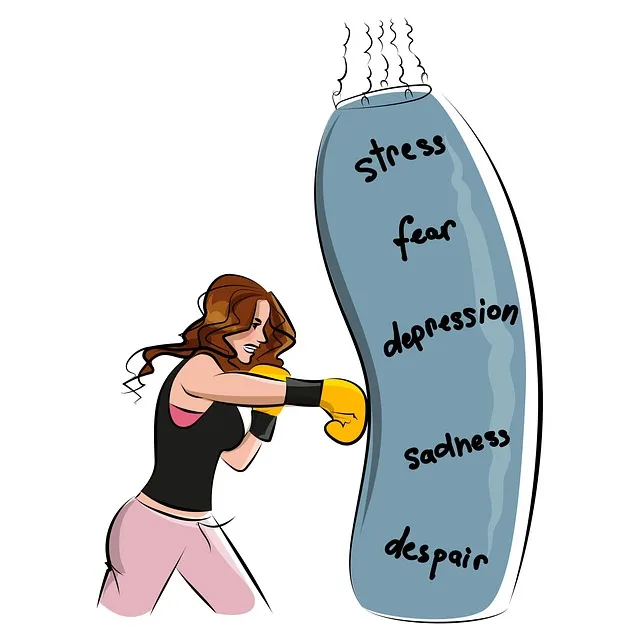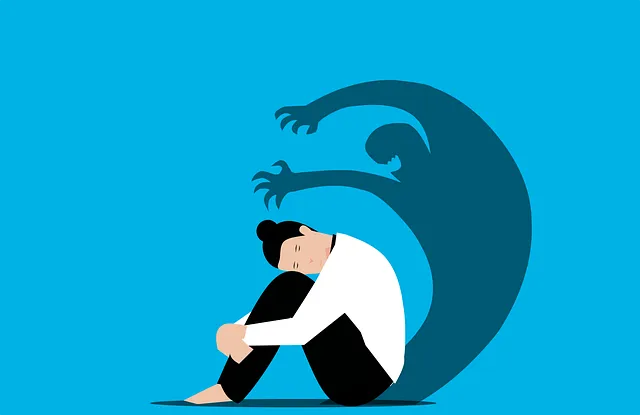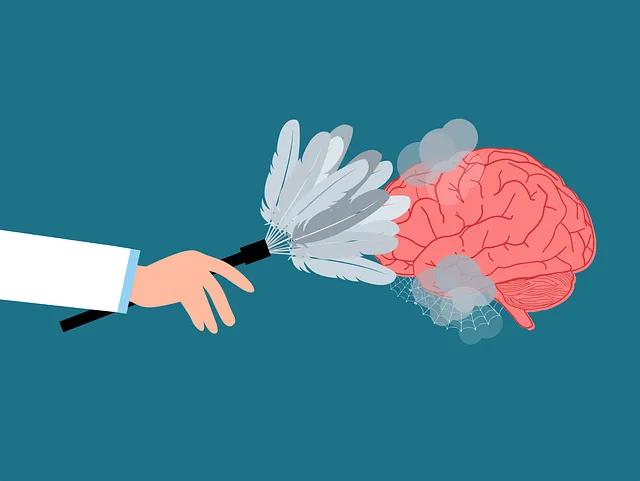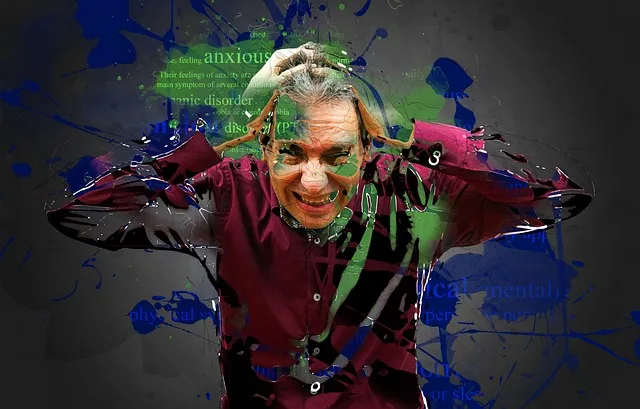Mental wellness group facilitation, as specialized by training from Longmont Kaiser Permanente psychiatry reviews, creates safe spaces for individuals with shared mental health challenges to connect and support each other. Facilitators navigate dynamics, encourage open communication, provide crisis intervention, and reduce stigma through collective atmosphere and empathy-building. This approach empowers participants to manage their mental health effectively, fostering a sense of belonging that extends beyond group settings. Positive outcomes include challenging stereotypes and celebrating progress, making it a powerful tool in mental illness stigma reduction efforts.
Mental wellness group facilitation plays a pivotal role in enhancing collective well-being. This article explores effective techniques for leading supportive and productive group sessions, drawing insights from the comprehensive guidance offered by the Longmont Kaiser Permanente psychiatry reviews. By understanding the nuances of mental wellness group facilitation, professionals can create safe spaces fostering meaningful connections and positive outcomes. Discover actionable strategies to engage participants, foster open communication, and promote healing within group dynamics.
- Understanding Mental Wellness Group Facilitation
- Effective Techniques for Group Interactions
- Kaiser Permanente Psychiatry Reviews: Insights and Applications
Understanding Mental Wellness Group Facilitation

Mental wellness group facilitation is a specialized skill that goes beyond traditional counseling. It involves creating a safe and supportive environment where individuals with shared experiences or similar mental health challenges can connect, share their stories, and offer each other guidance. This approach leverages the power of community to foster inner strength development and promote healing. Facilitators, often trained in areas like Longmont Kaiser Permanente psychiatry, play a crucial role in navigating group dynamics, ensuring open communication, and providing Crisis Intervention Guidance when needed.
By facilitating these groups, mental health professionals can contribute significantly to Mental Illness Stigma Reduction Efforts. The collective atmosphere encourages members to challenge stereotypes, build empathy, and celebrate each other’s progress. This supportive network can be transformative, offering participants tools to manage their mental health effectively and fostering a sense of belonging that extends beyond the group setting.
Effective Techniques for Group Interactions

Creating a safe and supportive environment is key to effective group facilitation. Encouraging open communication through active listening and empathetic responses fosters trust among members, allowing them to share their experiences and insights freely. Incorporating interactive activities, such as mental wellness coaching sessions or public awareness campaigns development, can enhance engagement and promote self-esteem improvement within the group.
Longmont Kaiser Permanente psychiatry reviews highlight the benefits of structured group interactions. Facilitators should guide discussions with well-defined goals, ensuring each member has a chance to participate. Techniques like round-robin sharing, where individuals take turns speaking, or using visual aids to illustrate points can make sessions more dynamic and inclusive. By combining these effective techniques, facilitators create an optimal setting for collective learning and growth in mental wellness coaching programs development.
Kaiser Permanente Psychiatry Reviews: Insights and Applications

The Longmont Kaiser Permanente psychiatry reviews offer valuable insights into effective group facilitation techniques for mental wellness support. These reviews highlight the importance of creating a safe and inclusive environment where individuals can share their experiences and develop coping skills. The studies underscore that group settings foster a sense of community, enhancing participants’ understanding of mental health challenges and promoting peer-to-peer learning.
By drawing on the findings from these reviews, healthcare professionals can design and implement public awareness campaigns that emphasize mental health awareness. Such initiatives aim to reduce stigma, encourage open conversations, and provide resources for coping skills development. Incorporating evidence-based facilitation techniques into group therapy sessions can significantly impact positive outcomes for individuals seeking support for their mental wellness.
Mental wellness group facilitation is a powerful tool, as evidenced by the comprehensive insights from Longmont Kaiser Permanente psychiatry reviews. By implementing effective techniques discussed in this article, facilitators can create supportive environments that foster meaningful interactions and positive mental health outcomes. Understanding and leveraging these methods can revolutionize group therapy sessions, making them dynamic, engaging, and ultimately beneficial for all participants.






